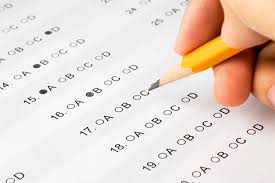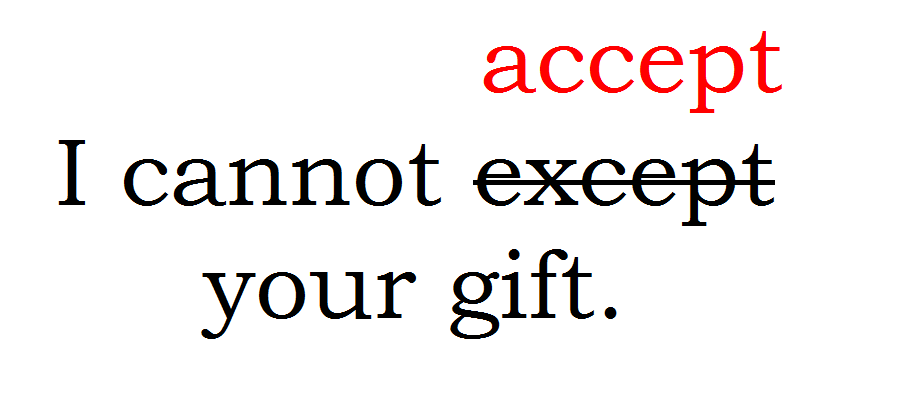As an English teacher and college counselor working with high school students, I've had the privilege and responsibility of writing letters of recommendation. Starting out, I had a strong urge to help, but no clear sense of what exactly should go into a reference letter. If they all speak to students' impressive qualities and accomplishments, what makes some letters stand out among the rest?
To answer this question, I researched recommendation letters from both sides of the college process, drawing on the advice of high school counselors and teachers and the perspective of college admissions officers. I also read dozens of recommendation letters, from the ones that admissions committees loved to the ones that were cast aside as mediocre, useless, or straight up negative about a student.
This article compiles the most important lessons I learned through this research and my own work supporting students through the college process. Read on for a discussion of what exactly needs to go into the kind of rec letter that effectively advocates for a student and boosts her admissions chances.
First, let's take a deeper look at what purpose recommendation letters serve when they arrive before an admissions committee.
























